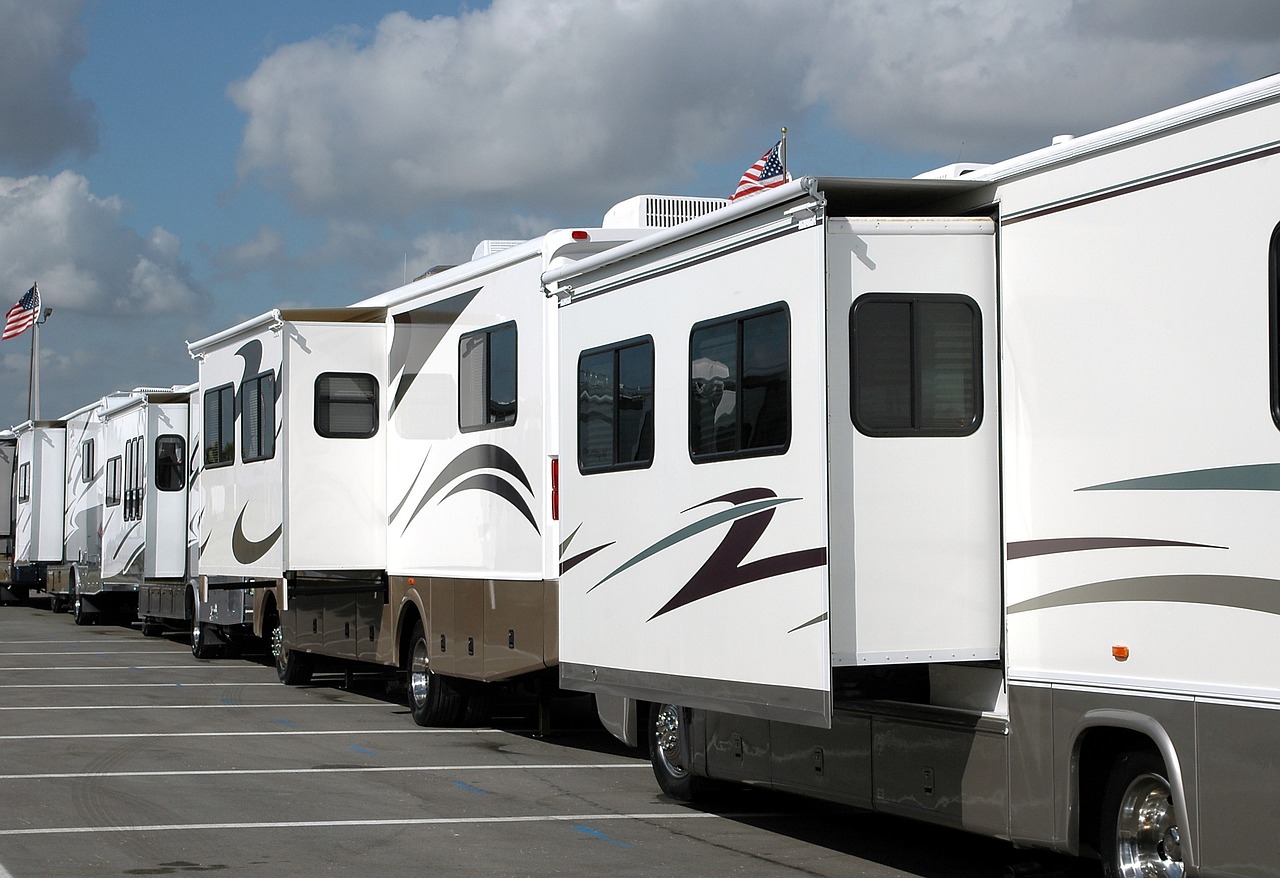How to Choose an RV and Boat Storage Parking Space
Hideaway Self Storage
October 6th, 2023

When shopping for a parking space to store your beloved RV camper, trailer or boat, it's important to consider several factors to ensure the safety, security, and convenience of storing your recreational vehicle. Here's a checklist of things to look for.
Location:
- Proximity: Choose a storage facility that is conveniently located, minimizing travel time when you need to access your RV.
- Accessibility: Ensure that the storage facility has easy access to major roads and highways.
Security:
- Fencing: Look for a facility with a secure perimeter fence to deter unauthorized access.
- Gated Entry: Opt for a storage facility with a gated entry and controlled access.
- Surveillance: Check if the facility is equipped with security cameras or other monitoring systems.
- Lighting: Adequate lighting can deter theft and vandalism, so ensure the facility is well-lit.
Space and Size:
- Size Options: Determine whether the facility offers storage spaces that can accommodate your RV's size.
- Aisles: Ensure there is enough space between RVs to allow for easy maneuverability.
- Clearance Height: Verify that the facility has enough clearance height for your RV, including any accessories like roof-mounted AC units.
Surface and Ground Conditions:
- Surface Type: Choose a facility with a well-maintained, suitable surface (e.g., concrete, asphalt, gravel) to park your RV on.
- Drainage: Ensure that the parking area has proper drainage to prevent water accumulation around your RV.
Amenities and Services:
- Electrical Hookups: Some facilities offer electrical hookups, which can be useful for maintaining your RV's battery and appliances.
- Dump Stations: Access to a dump station for emptying wastewater tanks can be convenient.
- On-Site Staff: Having on-site staff can enhance security and provide assistance if needed.
Accessibility:
- Determine the facility's operating hours and whether it offers 24/7 access or restricted access during certain times.
Reviews and Recommendation:
- Read online reviews and ask for recommendations from fellow RV owners to learn about their experiences with different storage facilities.
Insurance:
- Check whether your RV insurance covers storage or if you need to purchase additional coverage for stored vehicles.
Rules and Regulations:
- Inquire about any specific rules or regulations imposed by the storage facility, such as maintenance requirements, restrictions on working on your RV, or limitations on the types of RVs allowed.
Climate Considerations:
- If you live in an area with extreme weather conditions, consider indoor storage or inquire about climate-controlled options to protect your RV from temperature fluctuations.
Accessibility to Additional Services:
- Nearby RV service and repair shops can be beneficial in case your RV needs maintenance while in storage.
Taking the time to research and visit different outdoor RV storage facilities will help you make an informed decision based on your specific needs and preferences. Remember that the right storage facility should offer peace of mind and help preserve the condition of your RV during periods of non-use.
Categories
_06012023182535974.jpg)